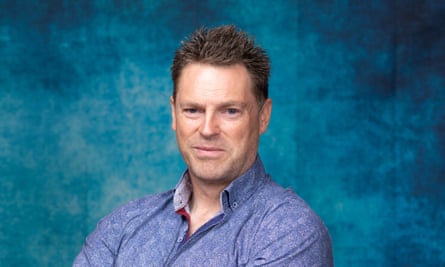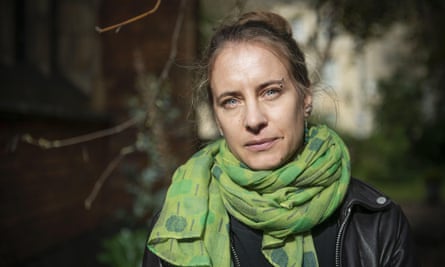Some of the UK’s top scientists are struggling to deal with what they describe as a huge rise in abuse from climate crisis deniers on Twitter since the social media platform was taken over by Elon Musk last year.
Since then, key figures who ensured “trusted” content was prioritised have been sacked, according to one scientist, and Twitter’s sustainability arm has vanished. At the same time several users with millions of followers who propagate false statements about the climate emergency, including Donald Trump and rightwing culture warrior Jordan Peterson, have had their accounts reinstated.
Climate scientists say the change has been stark, and they are fighting to make themselves heard over a “barrage” of often hostile comments.
“There’s been a massive change,” said Mark Maslin, professor of earth system science at University College London and the author of popular books including How to Save Our Planet. “I get so much abuse and rude comments now. It’s happening to all of us, but I challenge the climate deniers so I’ve been really targeted.”
Maslin says he used to have regular meetings with Sean Boyle, Twitter’s former head of sustainability, who was laid off in Musk’s mass cull of staff shortly after he took over in Aprll 2022. Maslin said Boyle discussed the platform’s work to develop ways of ensuring that trusted information was pushed to the top.
“They were using climate change as a good test bed, because it was fairly clear who the good and bad actors were,” Maslin said. “But he was sacked and Twitter became the wild west.”

Maslin said he will stay on the platform and push back against conspiracy theories with scientific evidence. “I want people to understand there are solutions. There is a real need for us to be on social media defending the truth, however nasty the responses get.”
But not all scientists have found standing up to regular hostility an easy feat. Doug McNeall, a statistician working on climate change at the Met Office Hadley Centre at Exeter University, said he had blocked or muted many accounts on Twitter even before Musk’s arrival. “I got to the point where it was definitely affecting my mental health,” he said.
“I spent years debating quite strongly with climate sceptics, including people I assume were paid,” he added. “But there can be a real personal cost interacting over a long time with people who are abusing you.”
McNeall said it was hard for scientists to work out how to cut through the false information on Twitter. “I just can’t tell if people are seeing disinformation or getting good scientific information about what is happening,” he said. “That’s really worrying.”
Ed Hawkins, professor of climate science at Reading University, who has 94,000 Twitter followers, said he had seen a “huge increase” in tweets from climate-denier accounts, often involving conspiracy theories or long-debunked topics. “A larger fraction of the comments are personal and abusive,” he said. “Any mildly popular tweet from a climate scientist is now targeted for a barrage of replies.”
Hawkins has noticed that many denier accounts have paid subscriptions to Twitter and therefore appear higher up in the replies. “It appears to be a coordinated effort [by climate change deniers] to make it appear as though climate denial is more prevalent than it really is,” he said.
Professor Richard Betts, chair of climate impacts at Exeter University and head of climate impacts at the Hadley Centre, said: “Outright hostility has increased in recent weeks. It’s mostly just people saying you’re talking rubbish. They don’t want a conversation.”

A survey of 468 international climate scientists published by campaign group Global Witness last month found that prominent scientists were the most likely to face abuse, with half of those who had published at least 10 papers reporting they had suffered online harassment as a result of their climate work. One in eight female scientists who reported abuse had been threatened with sexual violence.
Twitter was approached for comment but did not respond.











